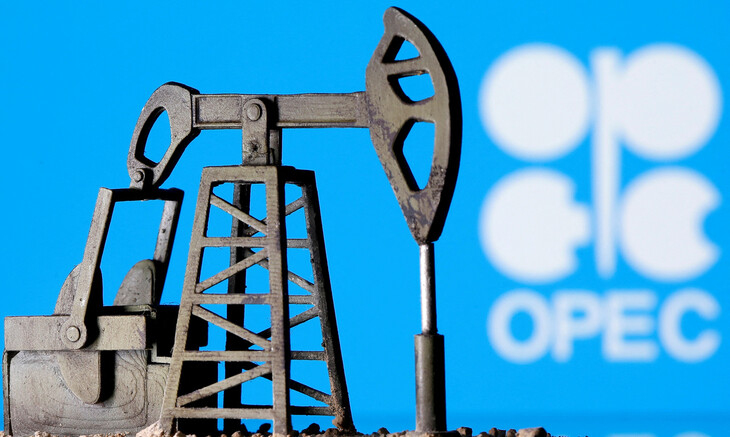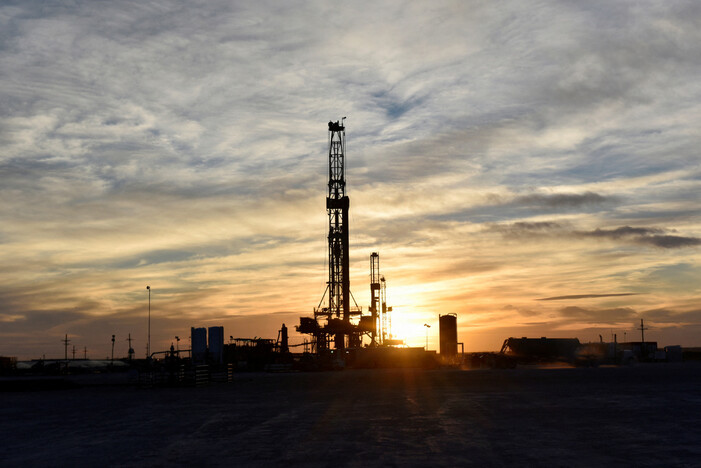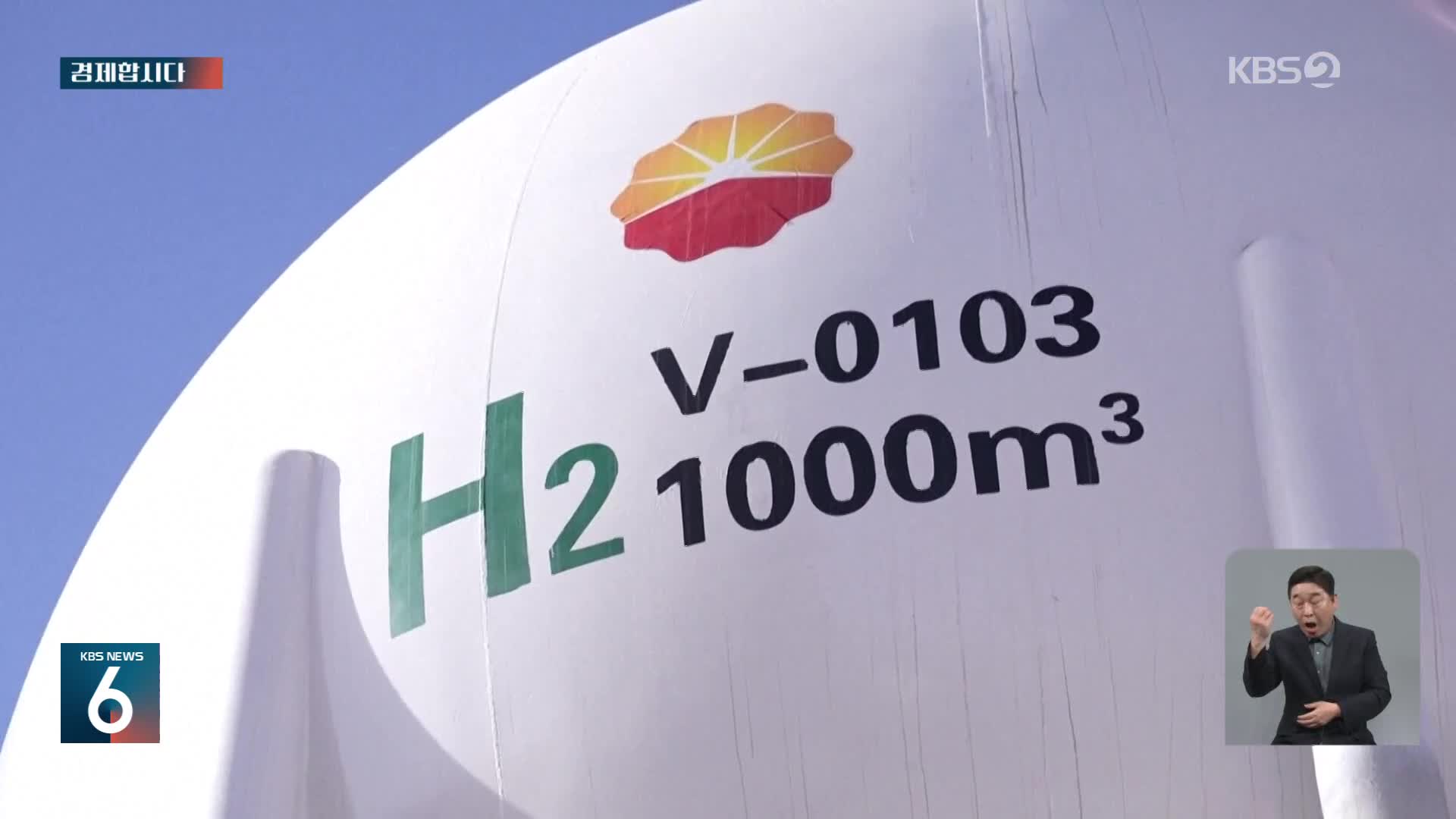해봄의 아카이브
이제 누가 친환경 에너지를 가장 많이 생산하는가?
Haebom
최근 전 세계적으로 친환경 에너지 전환에 대한 목소리가 높아지고 있습니다. 특히 미국과 EU 등 서구 국가들은 기후변화 대응을 위한 친환경 정책을 앞다투어 발표하고 있죠. 그런데 실제 행동을 들여다보면 뭔가 좀 이상합니다. 아이러니하게도 '악당' 취급받던 중국이 재생에너지 인프라 구축에서 앞서가는 모습을 보이고 있거든요. 하지만 이 상황을 단순히 '서구는 나쁘고 중국은 좋다'로 단정 짓기엔 무리가 있습니다. 모든 당사자들의 행동을 다시 한번 꼼꼼히 살펴볼 필요가 있어 보입니다.
먼저 현재 상황을 객관적으로 들여다보겠습니다. 최근 발표된 글로벌 에너지 모니터(GEM)의 보고서에 따르면, 중국에서 건설 중인 풍력 및 태양광 발전량이 전 세계 나머지 국가를 합친 것의 거의 두 배에 달한다고 합니다. 339GW라는 어마어마한 규모죠. 반면 미국은 40GW를 건설 중이라고 하네요.
그런데 다른 한편으로는 미국과 EU 국가들이 셰일가스, 석유, 천연가스 증산에 열을 올리고 있습니다. 특히 미국은 셰일 혁명을 통해 세계 최대의 석유 생산국이 되었고, 유럽은 러시아와의 갈등 이후 미국의 LNG 수입을 대폭 늘리고 있죠.
이런 상황만 보면 '서구는 말만 하고 중국은 행동한다'고 결론 내리기 쉽습니다. 하지만 실상은 그렇게 단순하지 않습니다. 모든 당사자들의 행동에는 각자의 이유와 문제점이 있습니다.
먼저 서구 국가들의 입장을 살펴봅시다:
1.
에너지 안보 문제: 러시아-우크라이나 전쟁 이후 에너지 안보의 중요성이 부각되었습니다. 이는 단기적으로 화석연료 의존도를 높이는 결과를 낳았죠.
2.
경제적 이해관계: 셰일 산업은 미국 경제에 큰 기여를 하고 있습니다. 일자리 창출과 세수 증대 효과가 크기 때문에 쉽게 포기하기 힘든 상황입니다.
3.
기술적 한계: 재생에너지의 간헐성 문제를 해결하기 위한 대규모 에너지 저장 시설 구축에는 막대한 비용과 시간이 필요합니다.
4.
정치적 압력: 화석연료 산업의 로비 세력은 여전히 강력합니다. 이들은 정치인들에게 영향력을 행사하며, 급격한 에너지 전환 정책을 저지하려 합니다.
하지만 이러한 이유들이 서구 국가들의 행동을 정당화하지는 못합니다. 그들이 주장하는 기후변화 대응 의지와 실제 행동 사이의 괴리는 분명 문제가 있습니다.
이제 중국의 상황을 봅시다:
1.
대규모 재생에너지 인프라 구축: 중국은 실제로 엄청난 규모의 재생에너지 시설을 건설하고 있습니다. 이는 분명 긍정적인 변화입니다.
2.
산업 경쟁력 확보: 중국은 재생에너지 분야를 미래 성장 동력으로 보고 있습니다. 이는 환경 정책인 동시에 산업 정책이기도 합니다.
3.
환경 문제의 시급성: 심각한 대기오염 문제로 인해 중국은 재생에너지 전환에 더 적극적일 수밖에 없는 상황입니다.
4.
중앙집권적 의사결정: 중국의 정치 시스템은 대규모 정책 실행을 빠르게 할 수 있게 해줍니다. 이는 때로는 비효율을 낳기도 하지만, 대규모 인프라 구축에는 효과적일 수 있습니다.
그러나 중국의 행동도 완벽하지 않습니다. 여전히 석탄 발전소를 짓고 있고, 탄소 배출량도 세계 최고 수준입니다. 또한, 재생에너지 인프라 구축 과정에서 환경 파괴나 인권 문제가 제기되기도 합니다.
결국, 미국과 EU, 그리고 중국 모두 각자의 문제를 가지고 있습니다. 서구 국가들은 말과 행동의 일치성을 높여야 하고, 중국은 재생에너지 확대와 함께 전반적인 환경 정책의 개선이 필요합니다.
이런 상황을 지켜보면서 몇 가지 질문이 떠오릅니다:
1.
과연 어느 나라가 진정으로 기후변화 문제를 해결하는 데 앞장설 수 있을까요?
2.
재생에너지 전환과 경제 성장을 동시에 달성할 수 있는 방법은 무엇일까요?
3.
국제 사회는 어떻게 협력하여 이 문제를 해결할 수 있을까요?
4.
기술 혁신이 이 문제의 해결책이 될 수 있을까요? 그렇다면 어떤 기술일까요?
결국 중요한 건 말이 아니라 행동입니다. 기후변화 대응과 친환경 에너지 전환은 더 이상 미룰 수 없는 과제입니다. 미국과 EU, 중국 모두 자신들의 행동을 다시 한번 돌아보고, 실질적인 변화를 만들어내야 합니다.
우리는 지금 역사적인 전환점에 서 있습니다. 누가 말만 하고 누가 실제로 행동하는지, 그리고 그 결과가 어떻게 나타날지 지켜보는 것은 앞으로 몇 년간 매우 흥미로운 관전 포인트가 될 것 같습니다. 이 복잡한 상황에서 세계 각국은 어떤 길을 걸어갈까요? 그리고 그 결과로 우리의 지구는 어떻게 변화할까요? 앞으로의 전개가 정말 궁금해집니다.
Subscribe to 'haebom'
Subscribe to my site to be the first to receive notifications and emails about the latest updates, including new posts.
Join Slashpage and subscribe to 'haebom'!
Join Slashpage and subscribe to 'haebom'!






